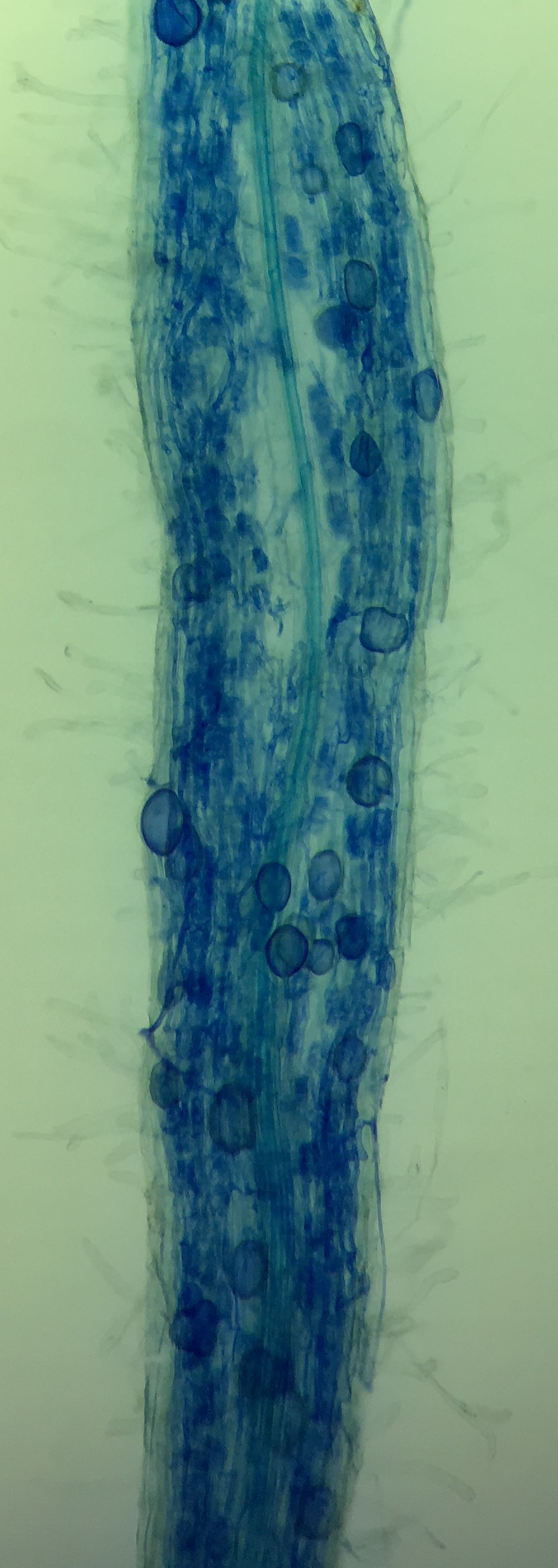- Screening and development of beneficial micro-organisms or substances as bio-stimulants or bio-protective activities.
- Screening and development of micro-organisms applied in biodegrading processes
- Development of specific molecular markers at the strain level for micro-organism identification/detection/quantification.
- Identification to pinpoint the taxonomic position of micro-organisms at the genera and/or species levels using molecular tools.
- Studies on mechanisms of action of micro-organisms
- Studies on the fate and behavior of micro-organisms in the environment.
- Studies of the elicitation of plant defense responses
- Evaluation of the non-target effects of innovative products on soil microflora.
- Evaluation of the effects of chemical or organic inputs on soil microbial characteristics Bio assays to evaluate efficacy of innovative products for Agriculture (biostimulants, plant protection products).
- Technical support for experimentation in Agriculture in partnerships with specialized platforms.
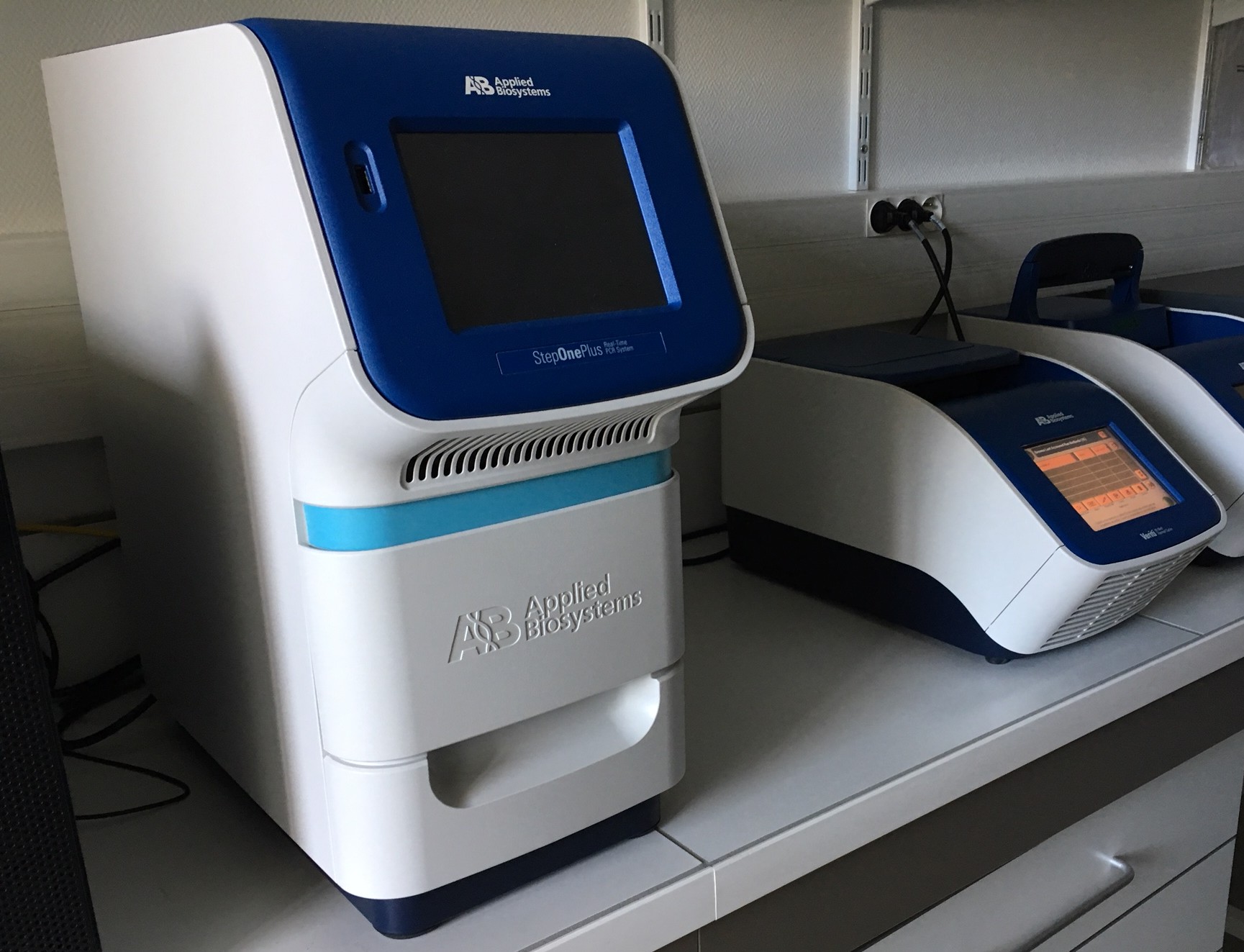
Examples of R&D services
Screening of beneficial microbial strains
AGRENE proposes screening bioassays tailored to your needs to select beneficial micro-organisms, plant extracts-based products and molecules for plant growth stimulation or plant protection.
Some of the microorganisms/molecules screened by AGRENE are available on the market today.
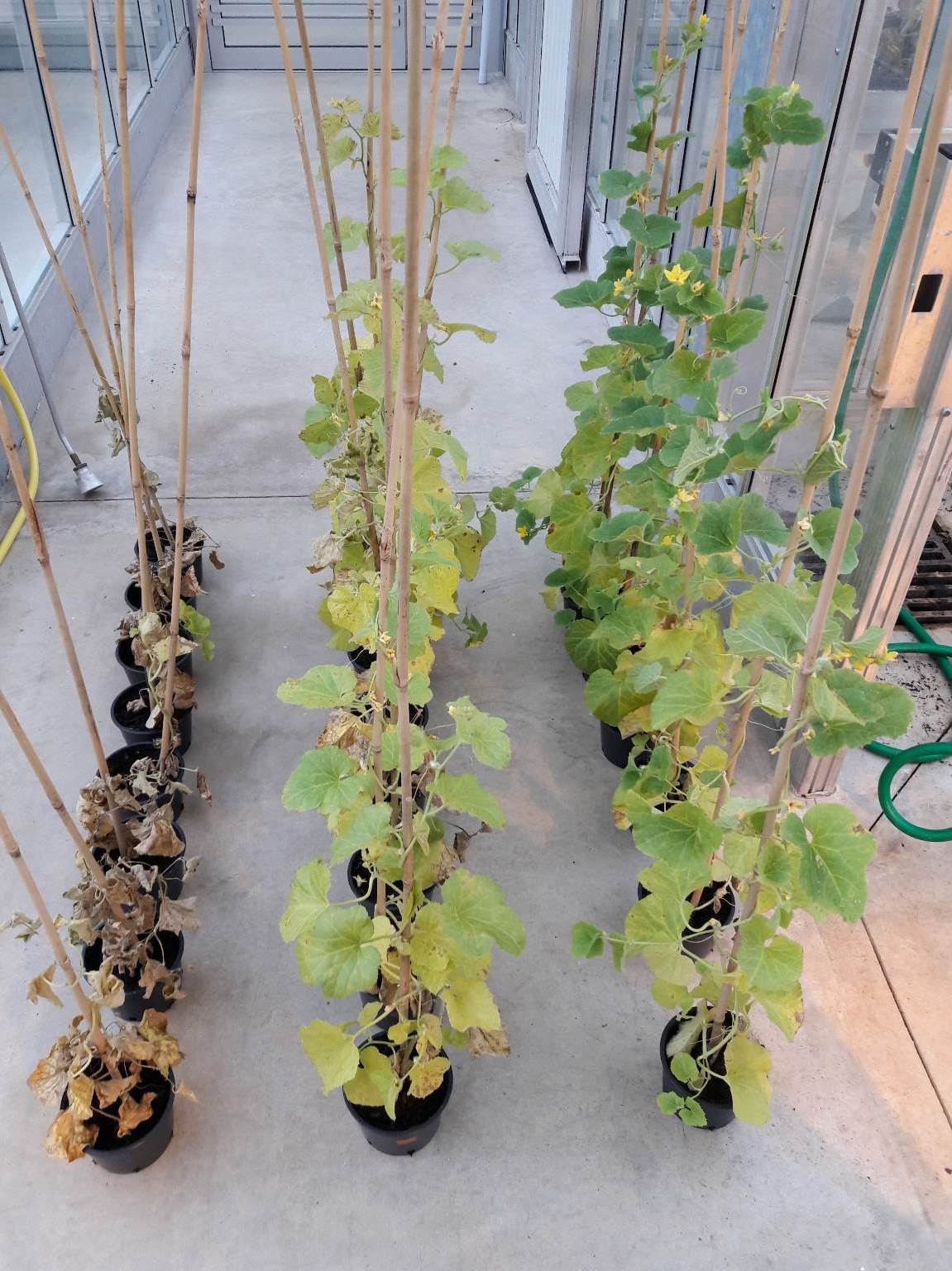
Development of a specific molecular marker at the strain level to specifically detect and quantify a microbial strain.
The Plant Protection Products regulatory application for the approval of a microbial strain as an active substance requires description of method enabling the specific identification of the strain of interest among the other strains belonging to the same species.
AGRENE has specific expertise in a methodology to design specific molecular marker of a microbial strain (called SCAR marker).
Fate and behavior of a microbial population after its inoculation into soil.
The Plant Protection Products regulatory application for the approval of a microbial strain as an active substance requires studies on the fate and behavior of the micro-organism in the environment after its application.
When a biocontrol agent or a biostimulant microbial strain is inoculated in soil, it is important to monitor its development within the natural microbial soil communities where a large number of microbial strains belong to the same species as the introduced species are present.
Agrene has experience and expertise in a methodology able to study the fate and behavior of your strain of interest using SCAR marker generation and real time PCR techniques.
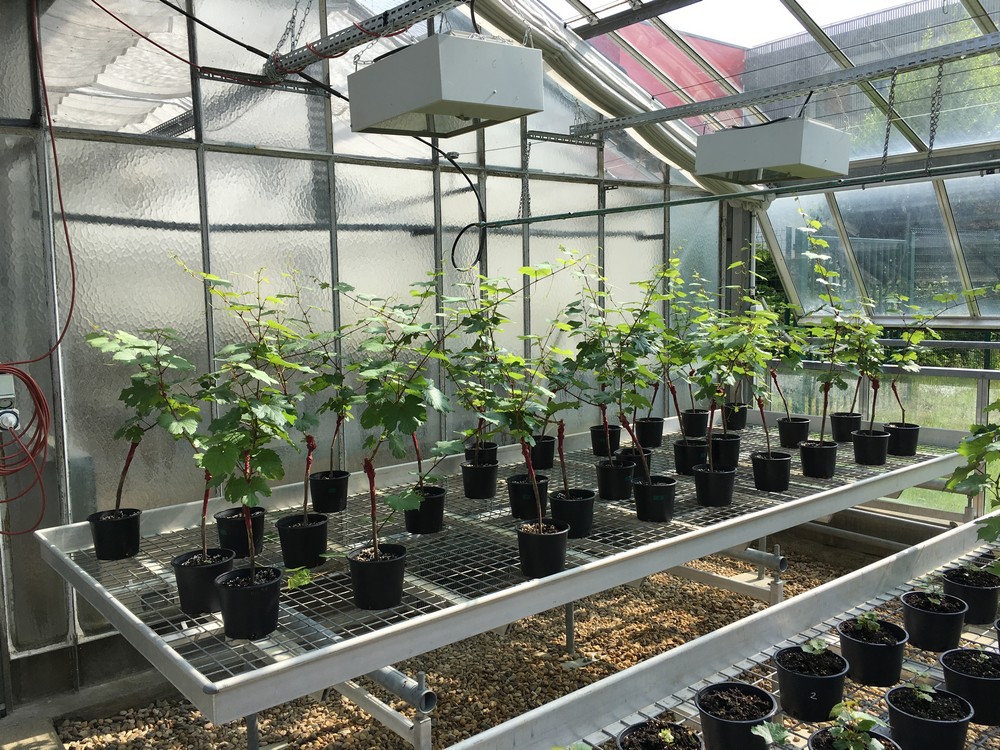
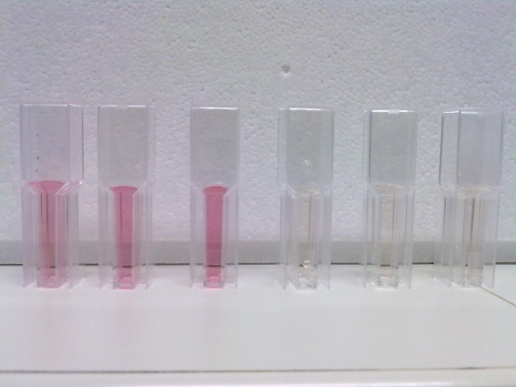
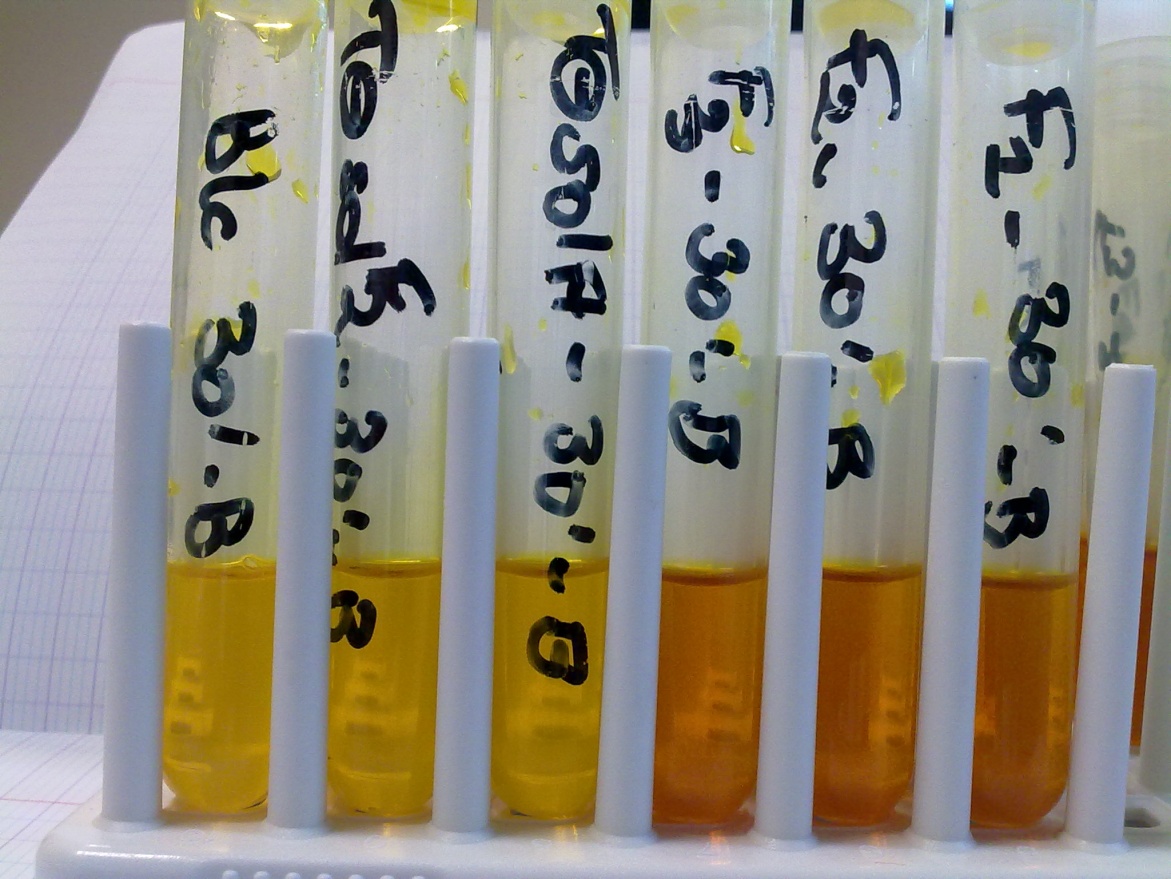
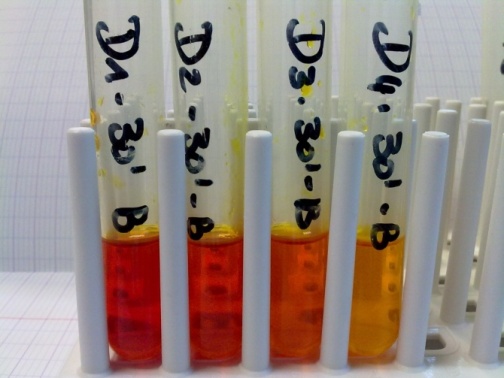
Mechanisms of action of biocontrol agents.
Biocontrol agents may act as directly and/or indirectly through different mechanisms such as antibiosis, competition for nutrients, colonization of specific sites required for establishing infection by the pathogens and by activating host plant defense systems
AGRENE proposes made to measure microbiological studies to determine antagonistic activities between biocontrol agents and plant pathogens
AGRENE has the ability to detect and quantify the production of certain secondary metabolites, in particular enzymes involved in the mechanisms of the beneficial effects of micro-organisms.
AGRENE has the know-how to study plant defense responses
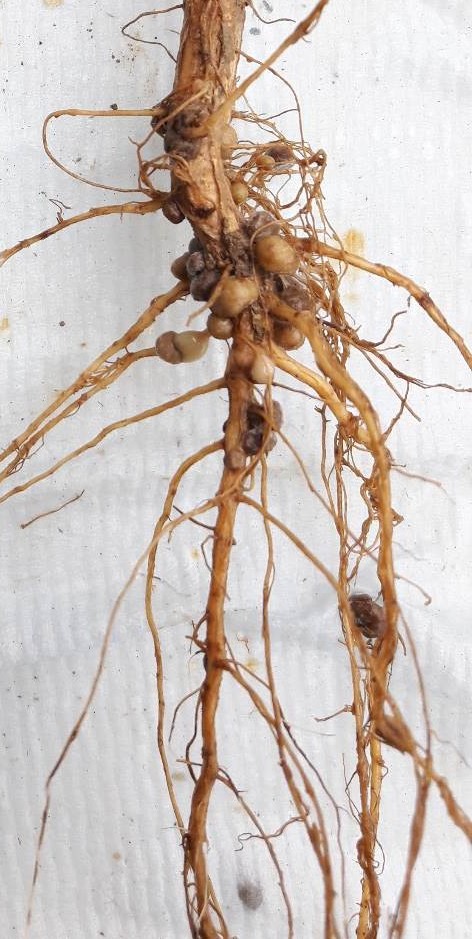
Technical support for efficacy experimentation in Agriculture in partnerships with specialized platforms.
In partnerships with experimentation plateforms, AGRENE monitors the microbiological aspects which are complementary to the agronomic aspect in charge by the experimentation station. AGRENE is specialized in (i) the production of microbial (fungi, bacteria, pathogenic strain or beneficial strain) inoculum and their inoculation, and subsequently (ii) the monitoring of the inoculum in soil and/or plant compartments (roots, leaves, fruit).
